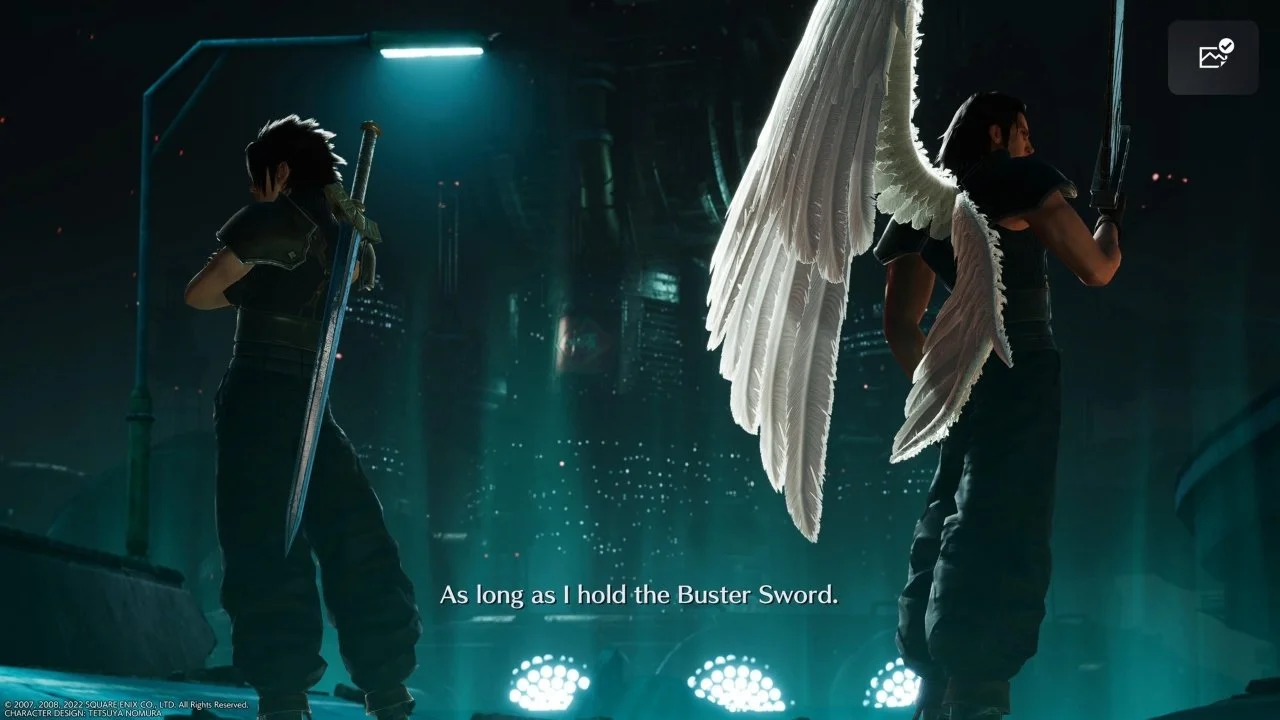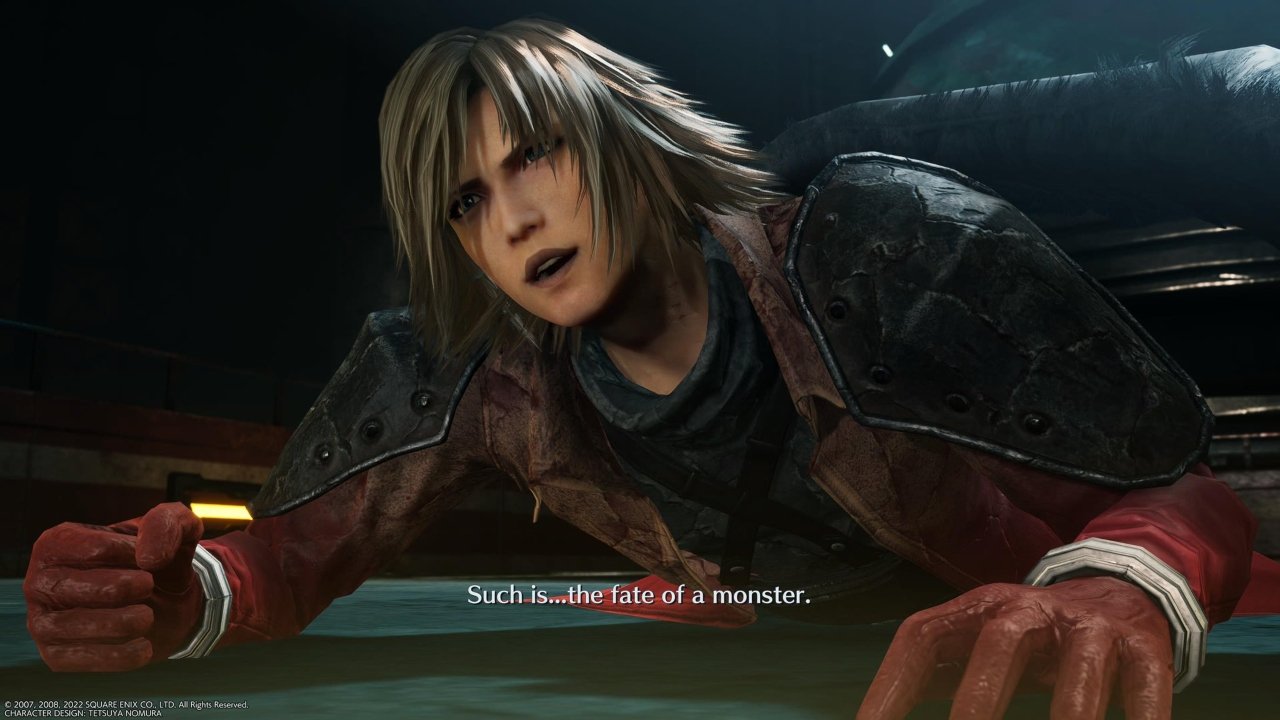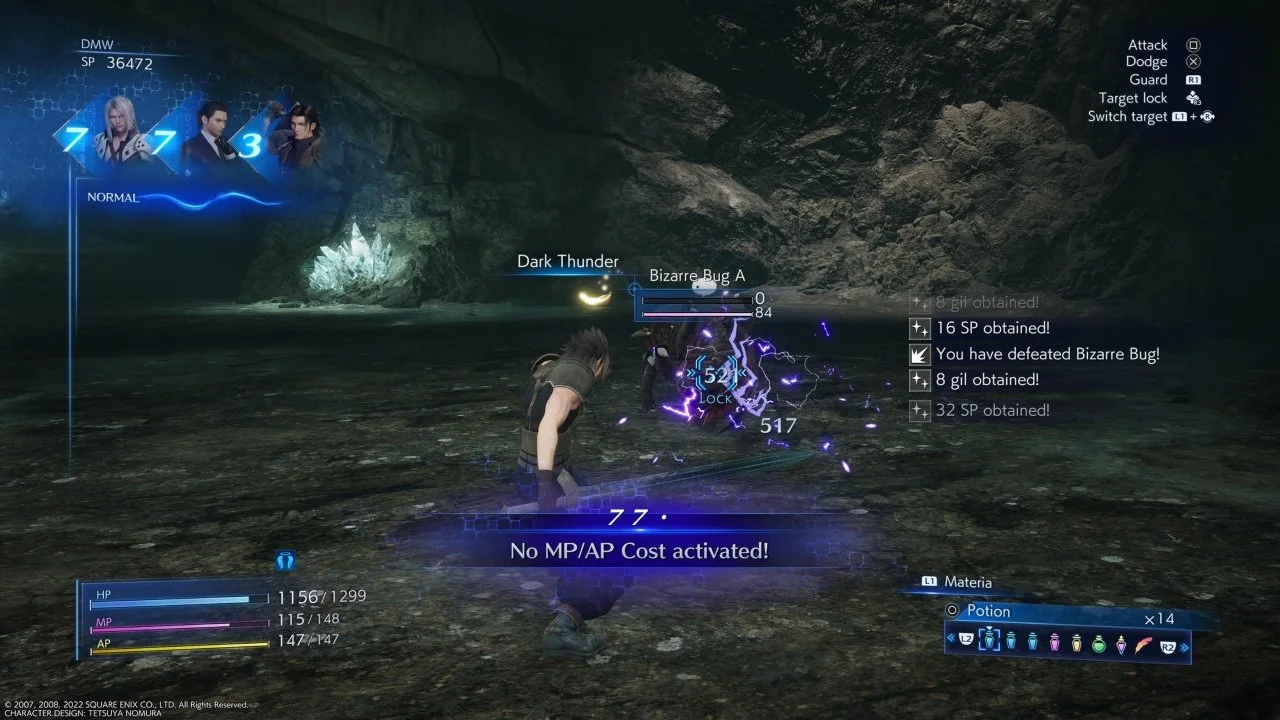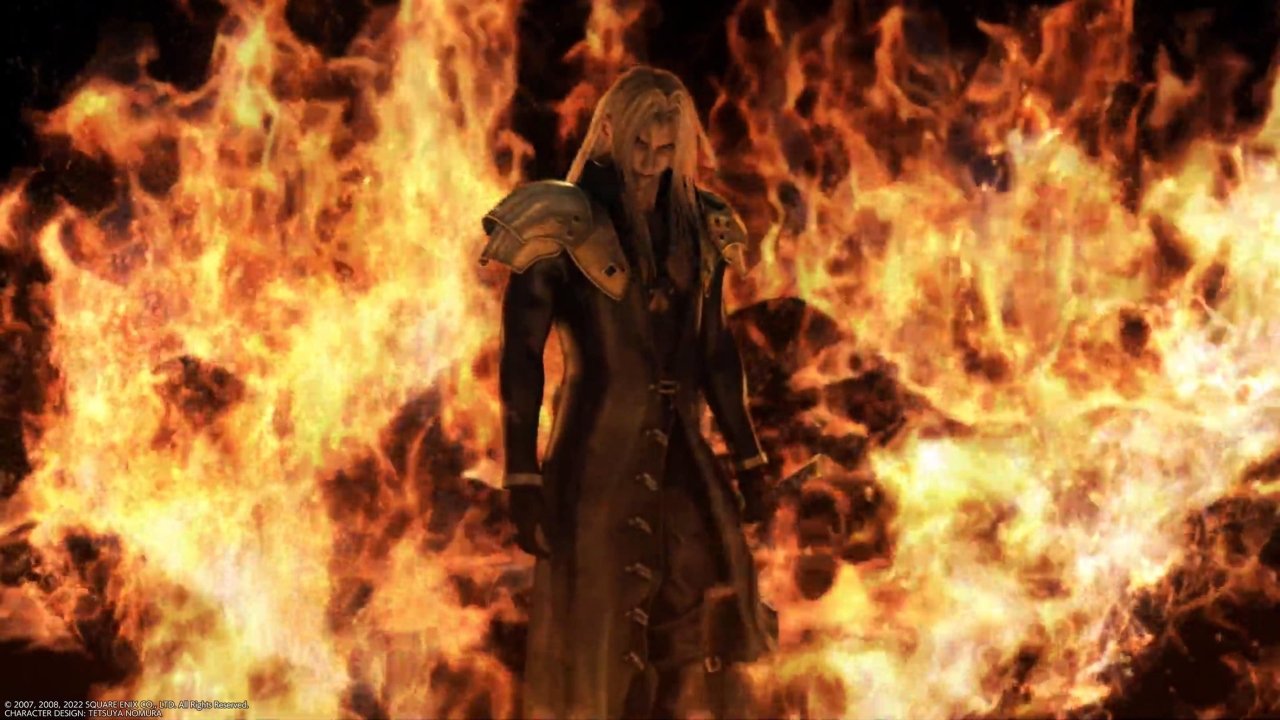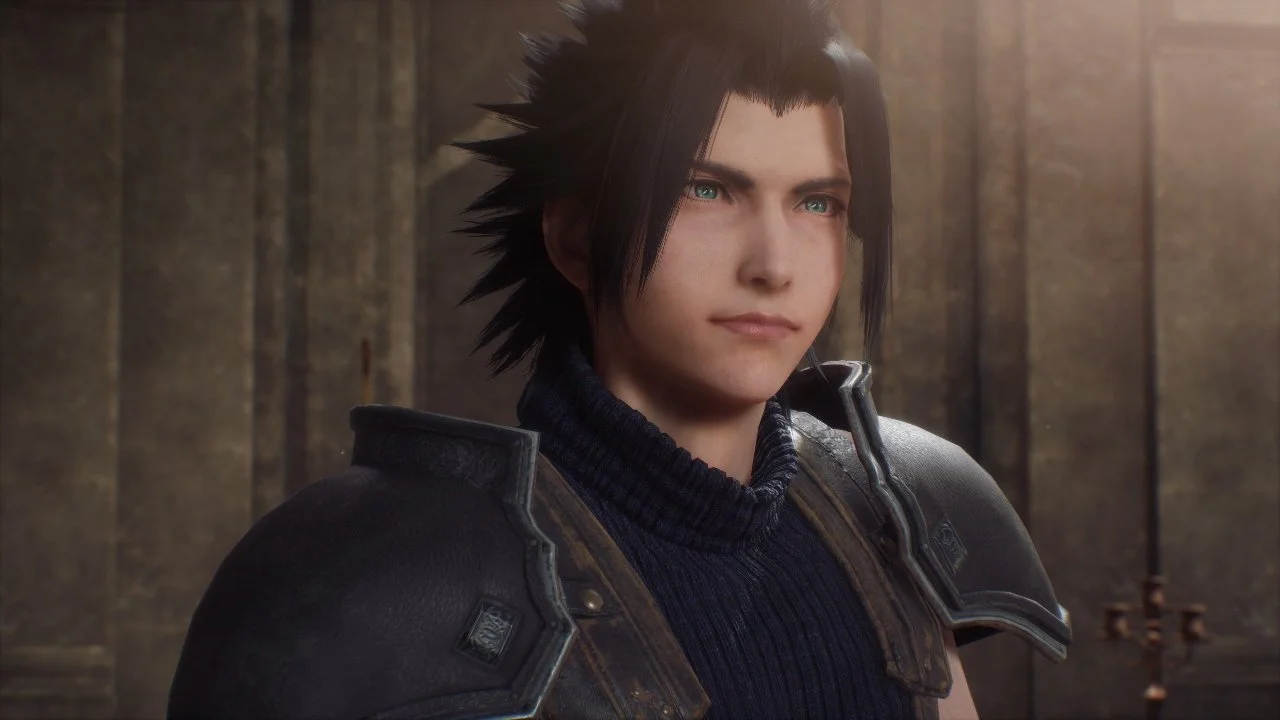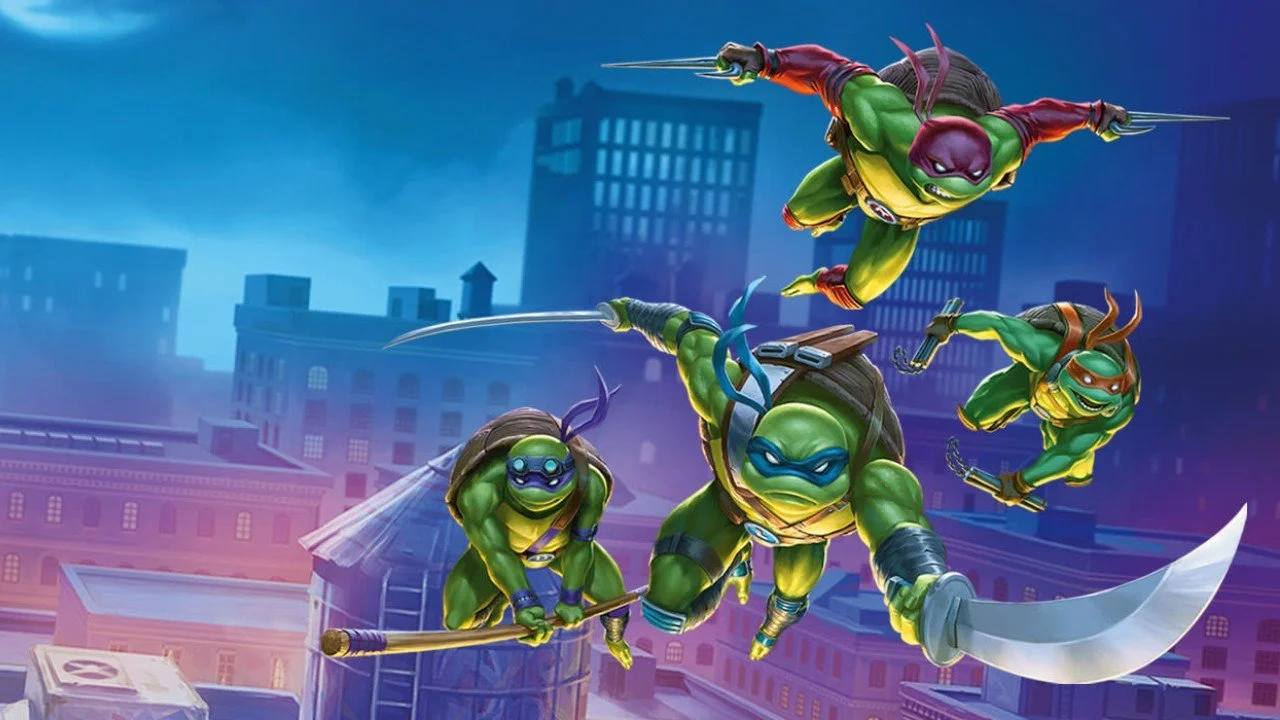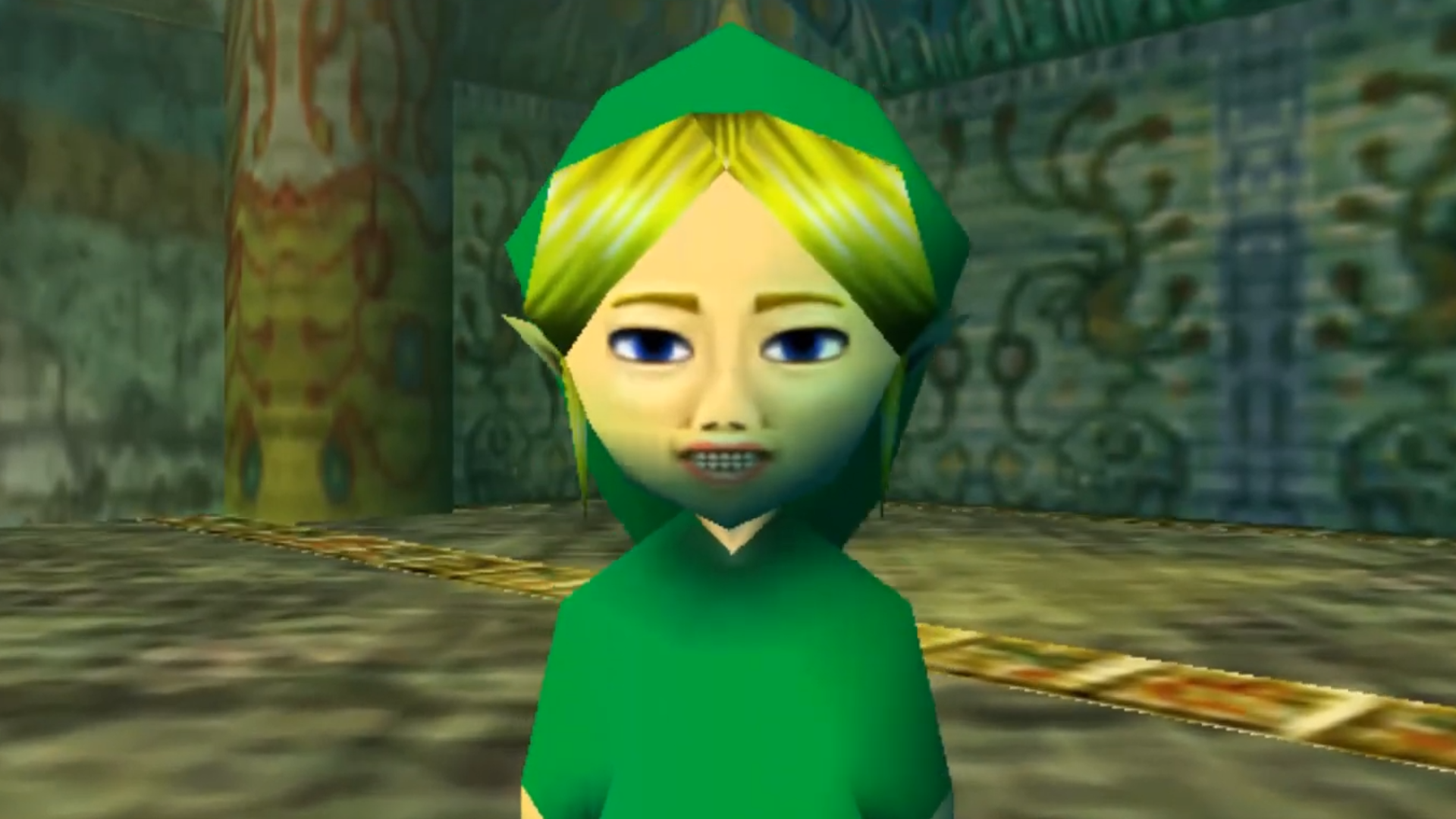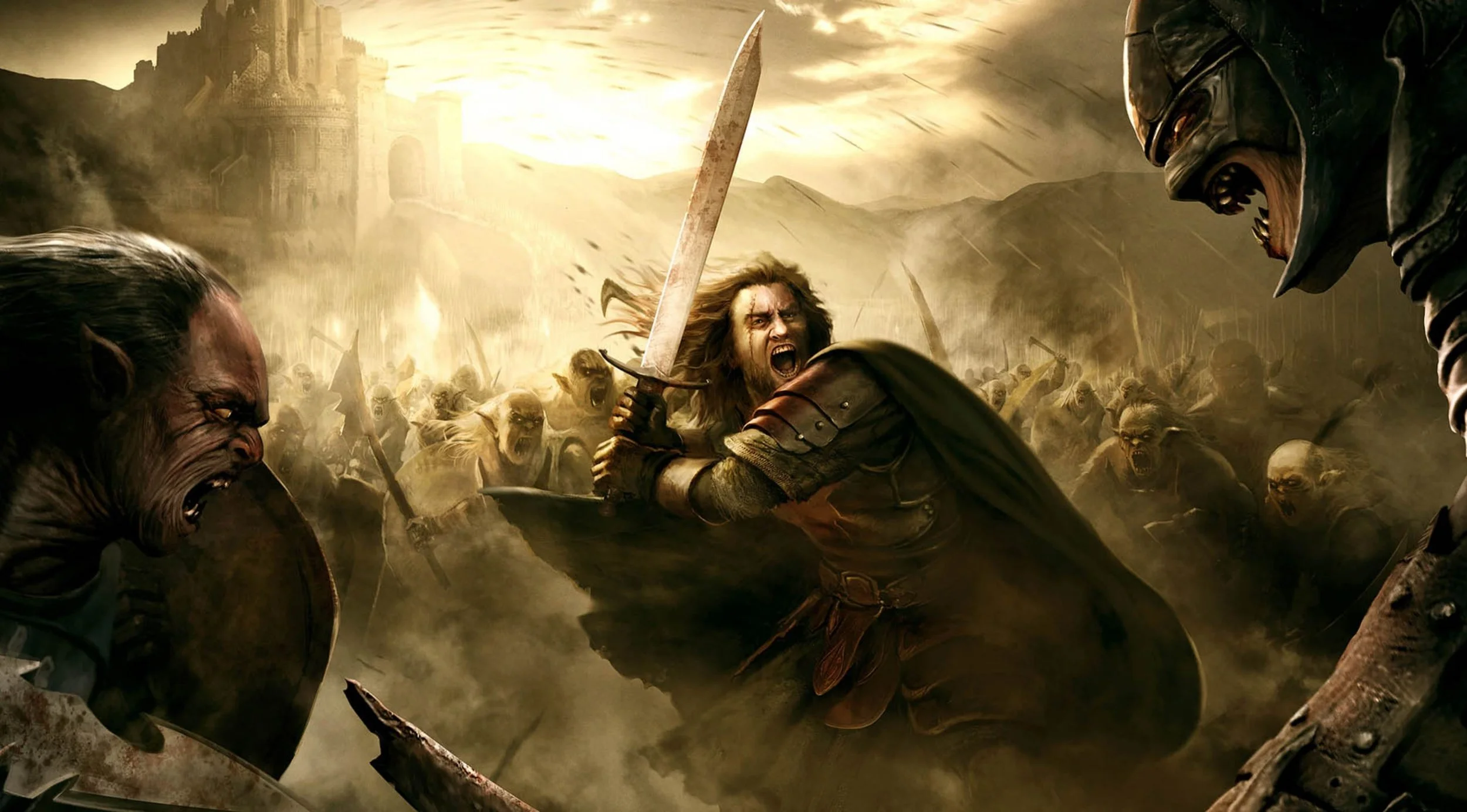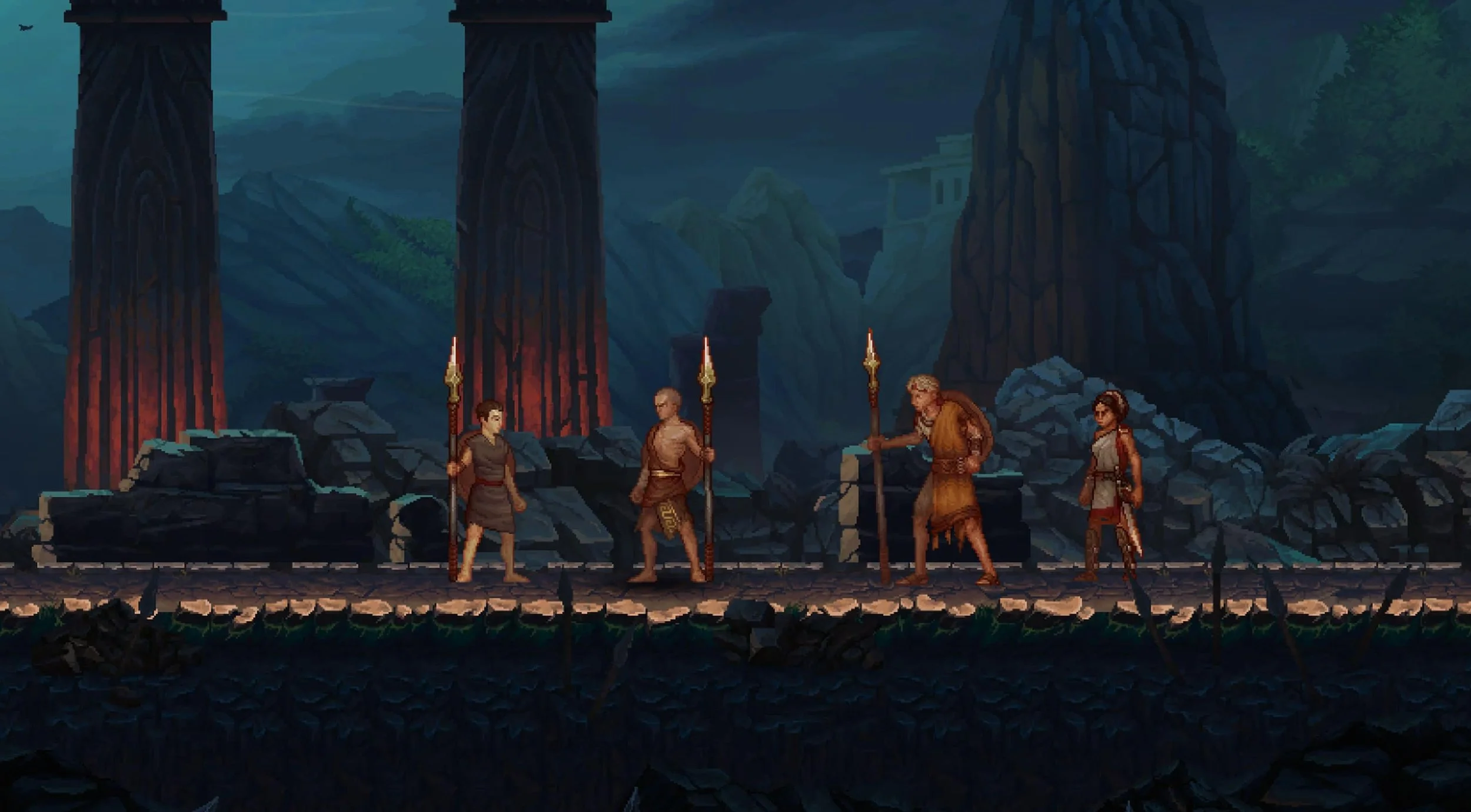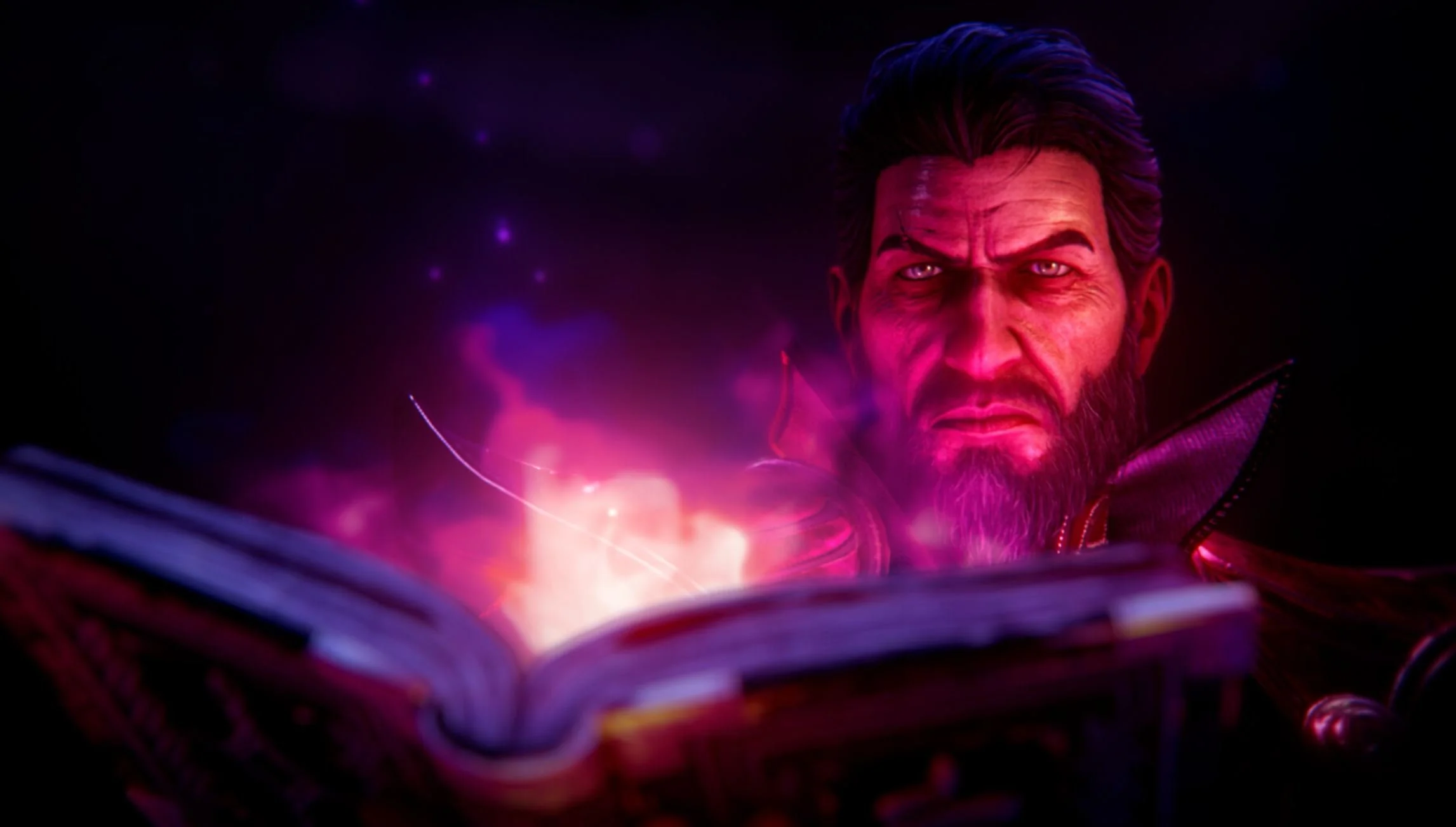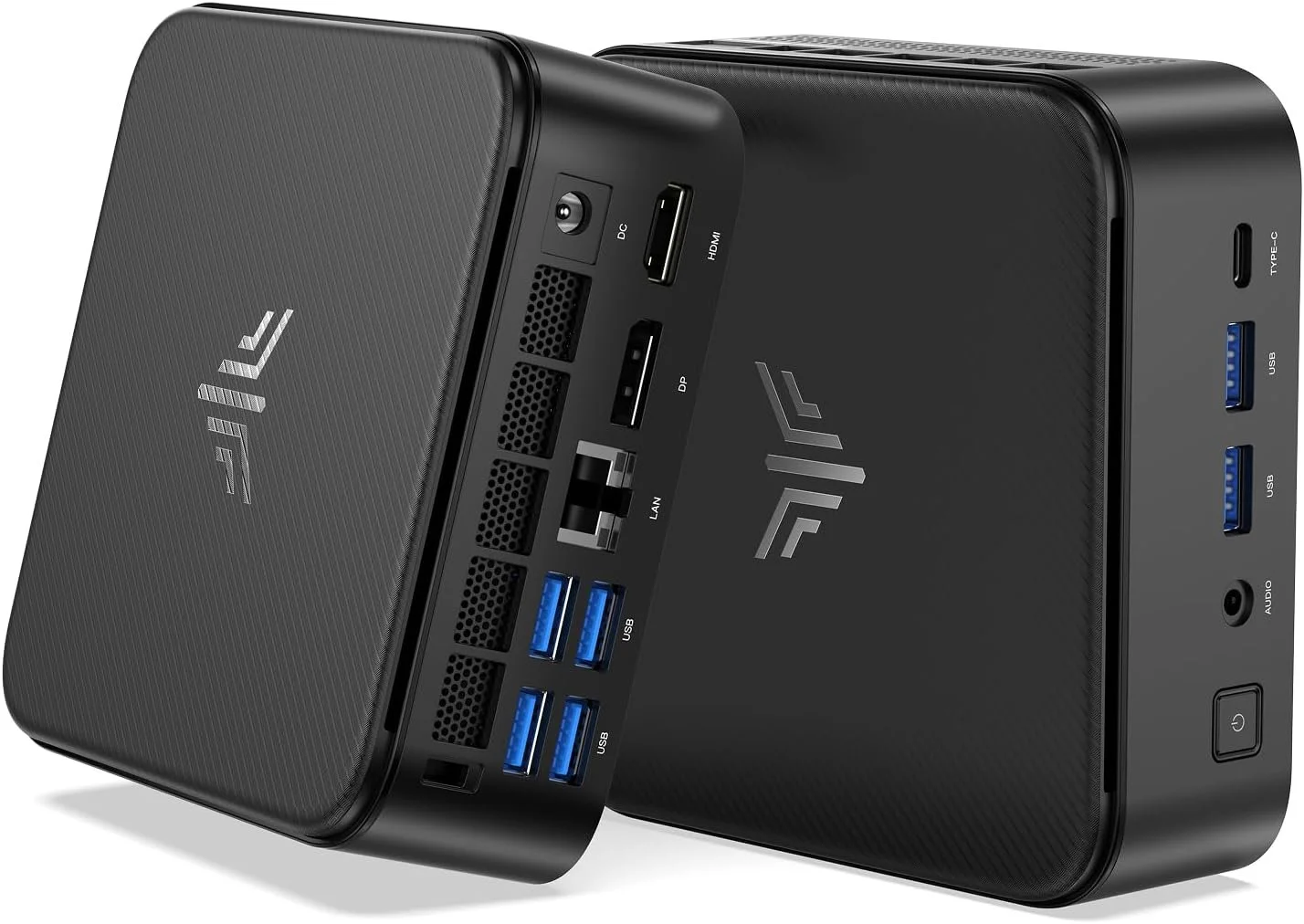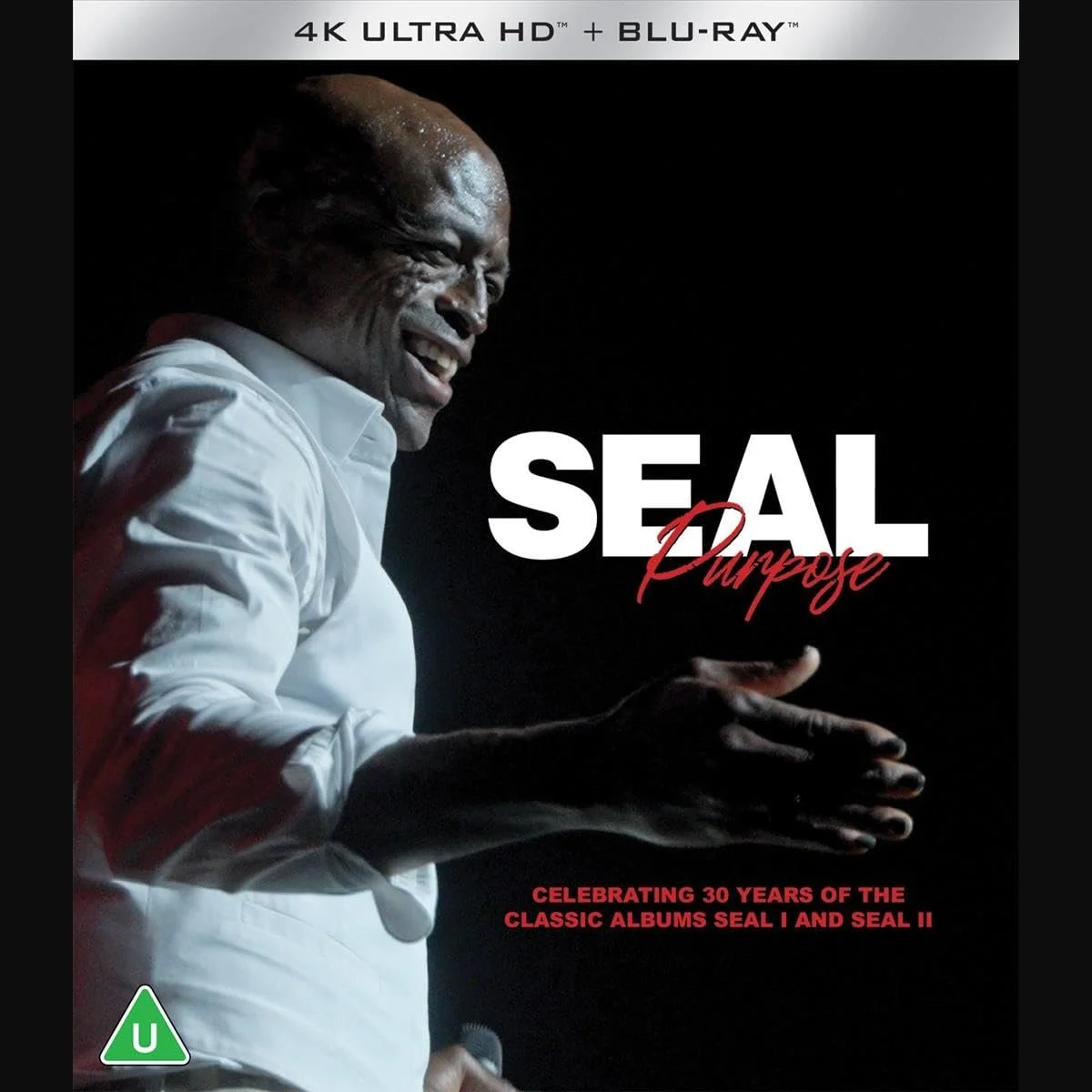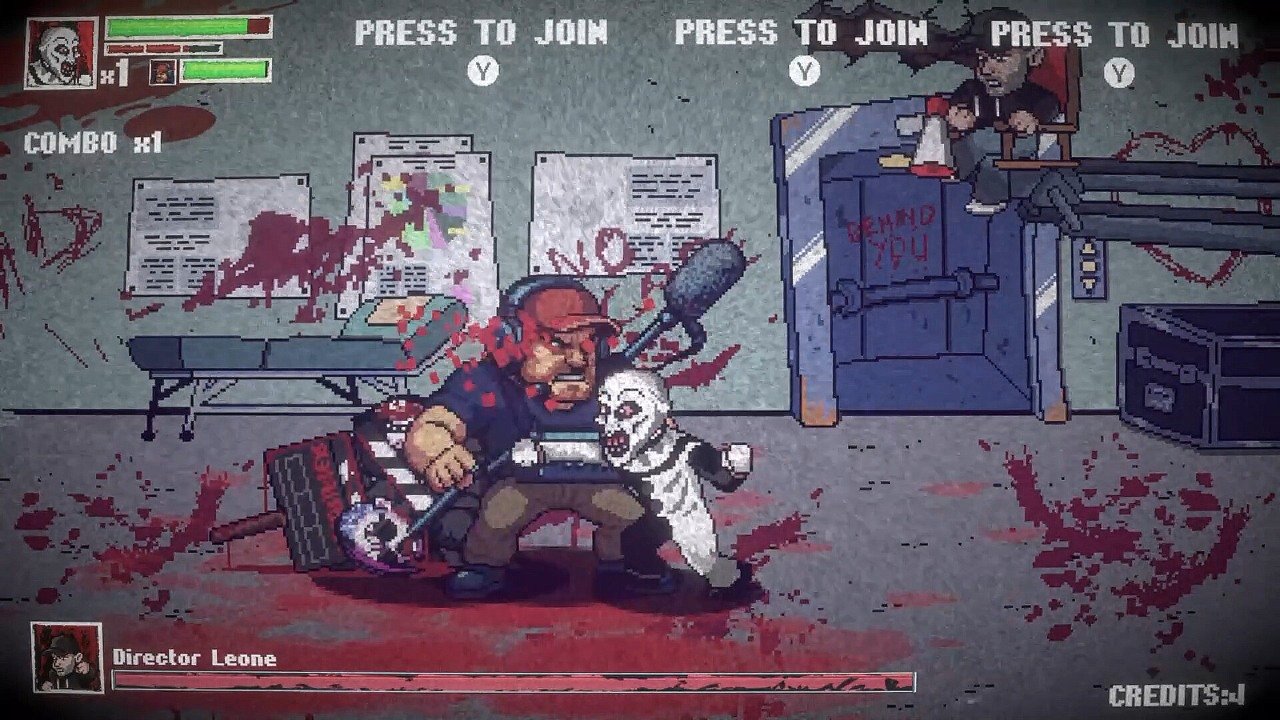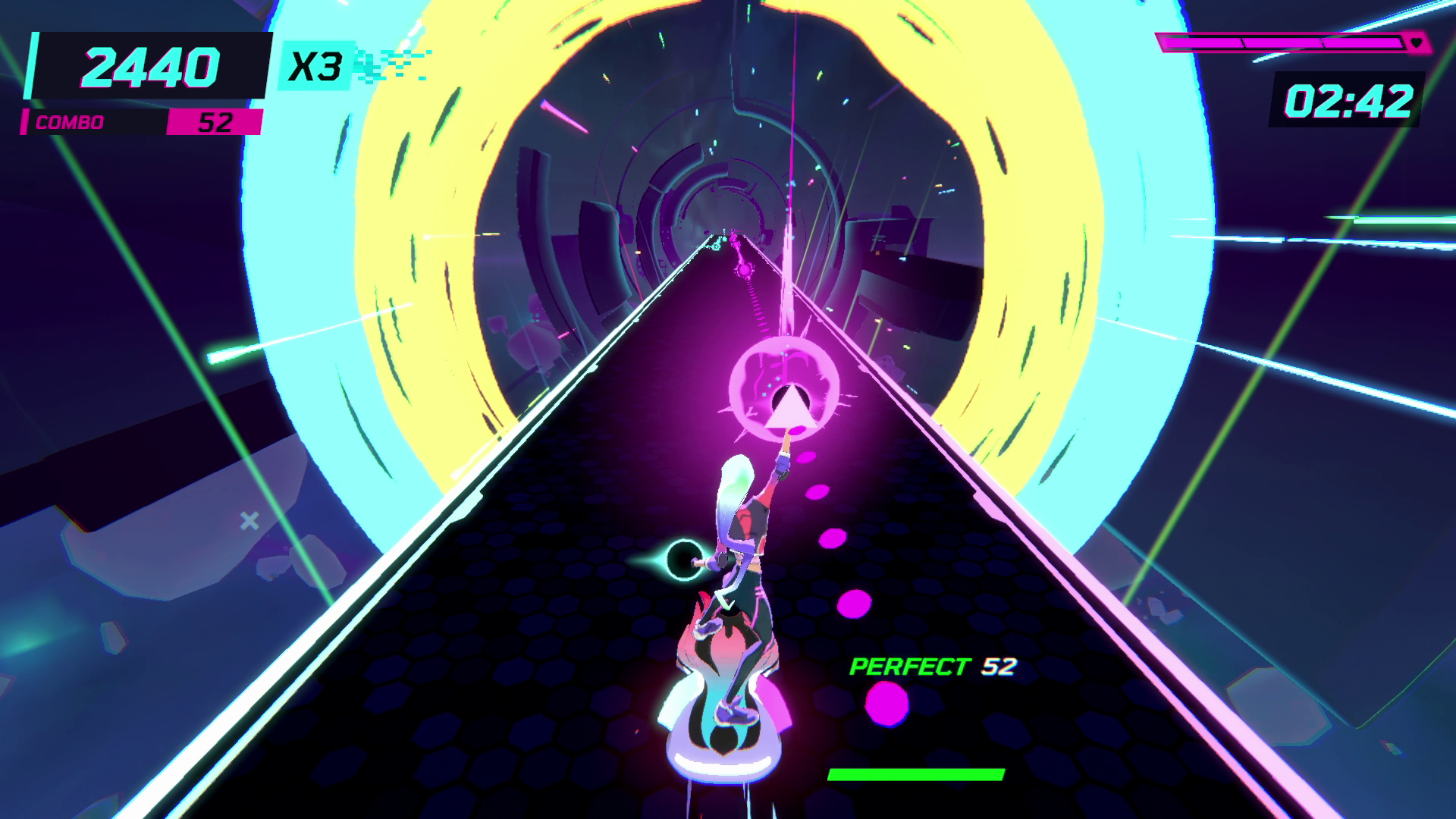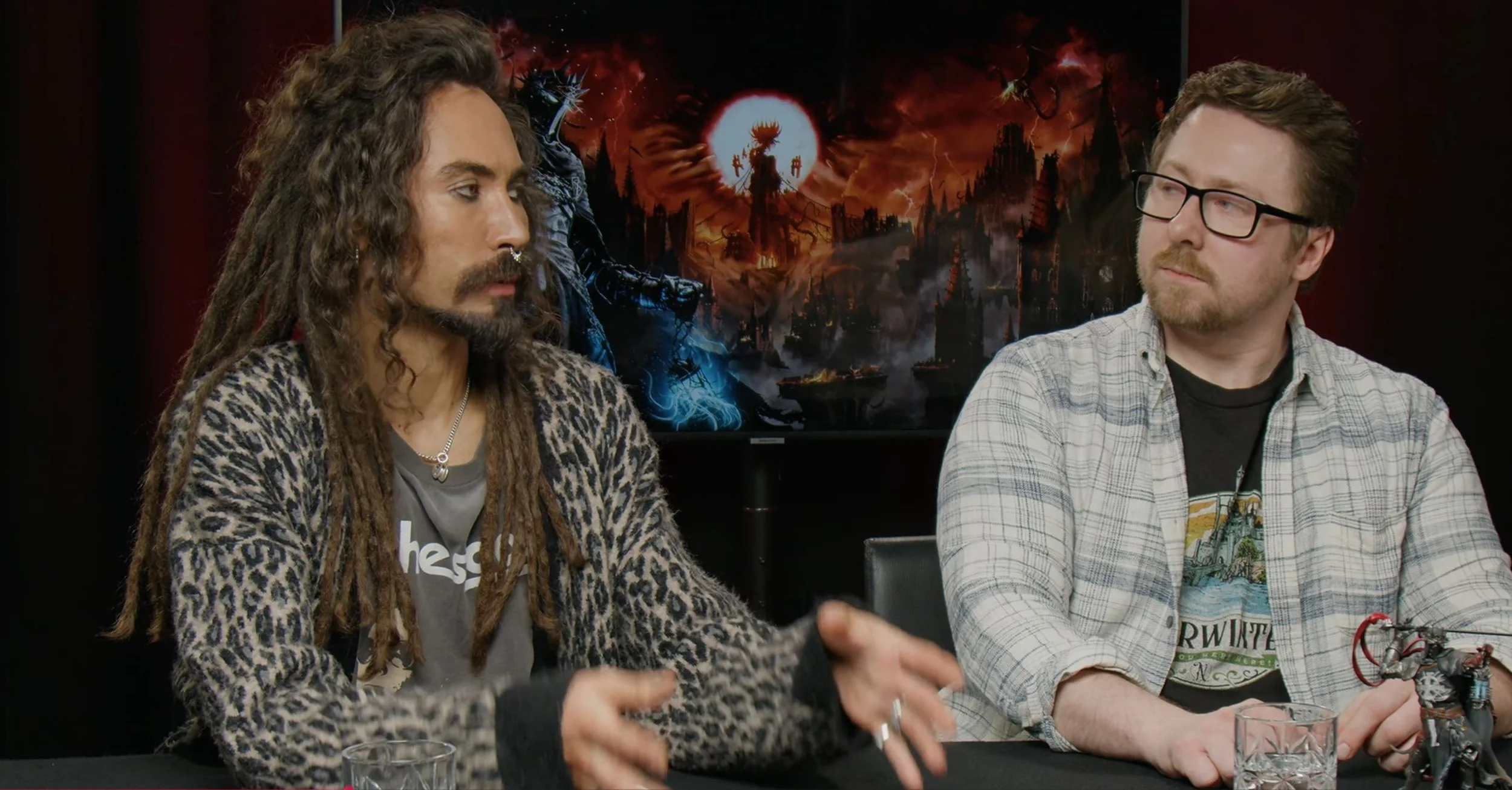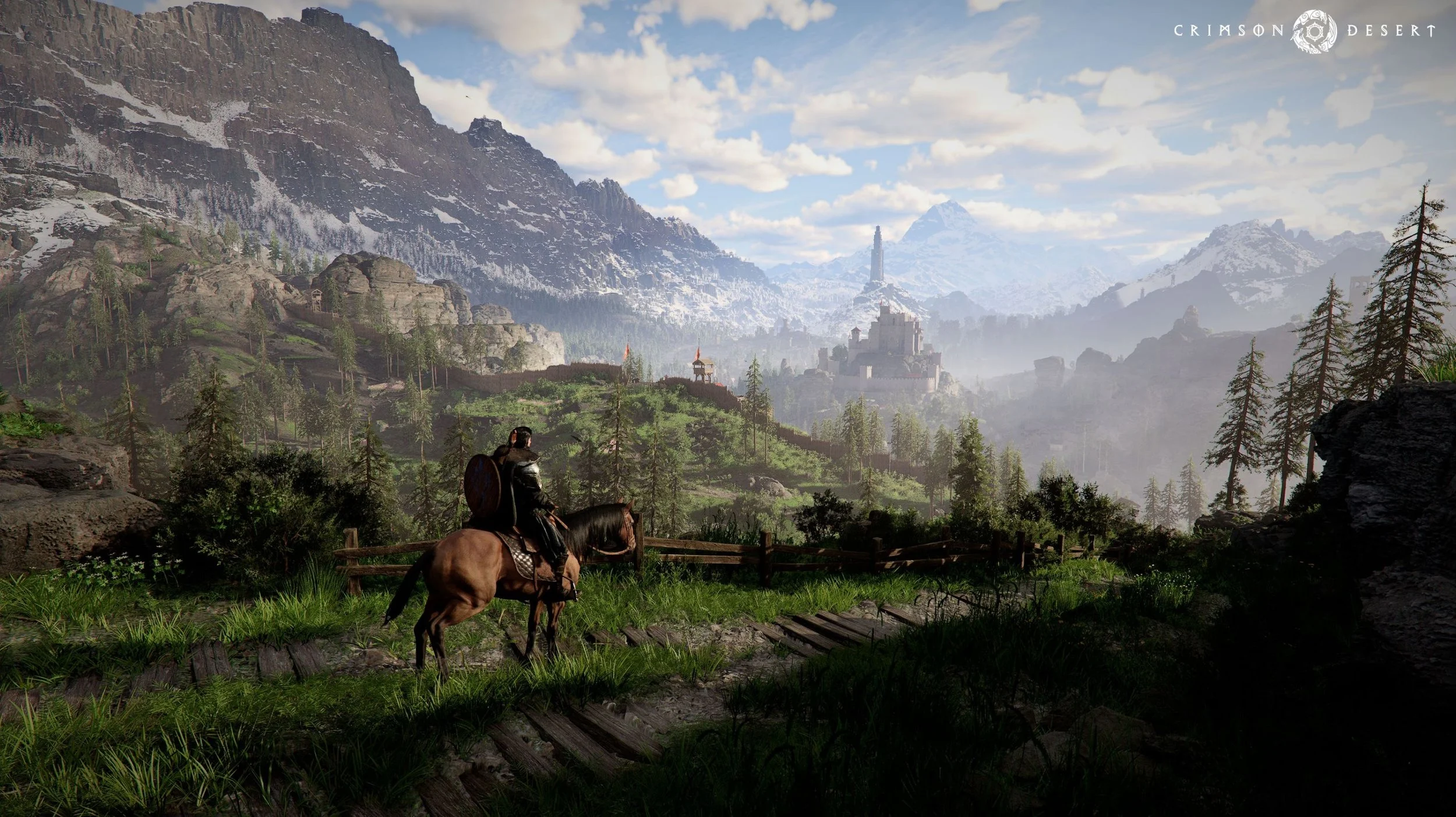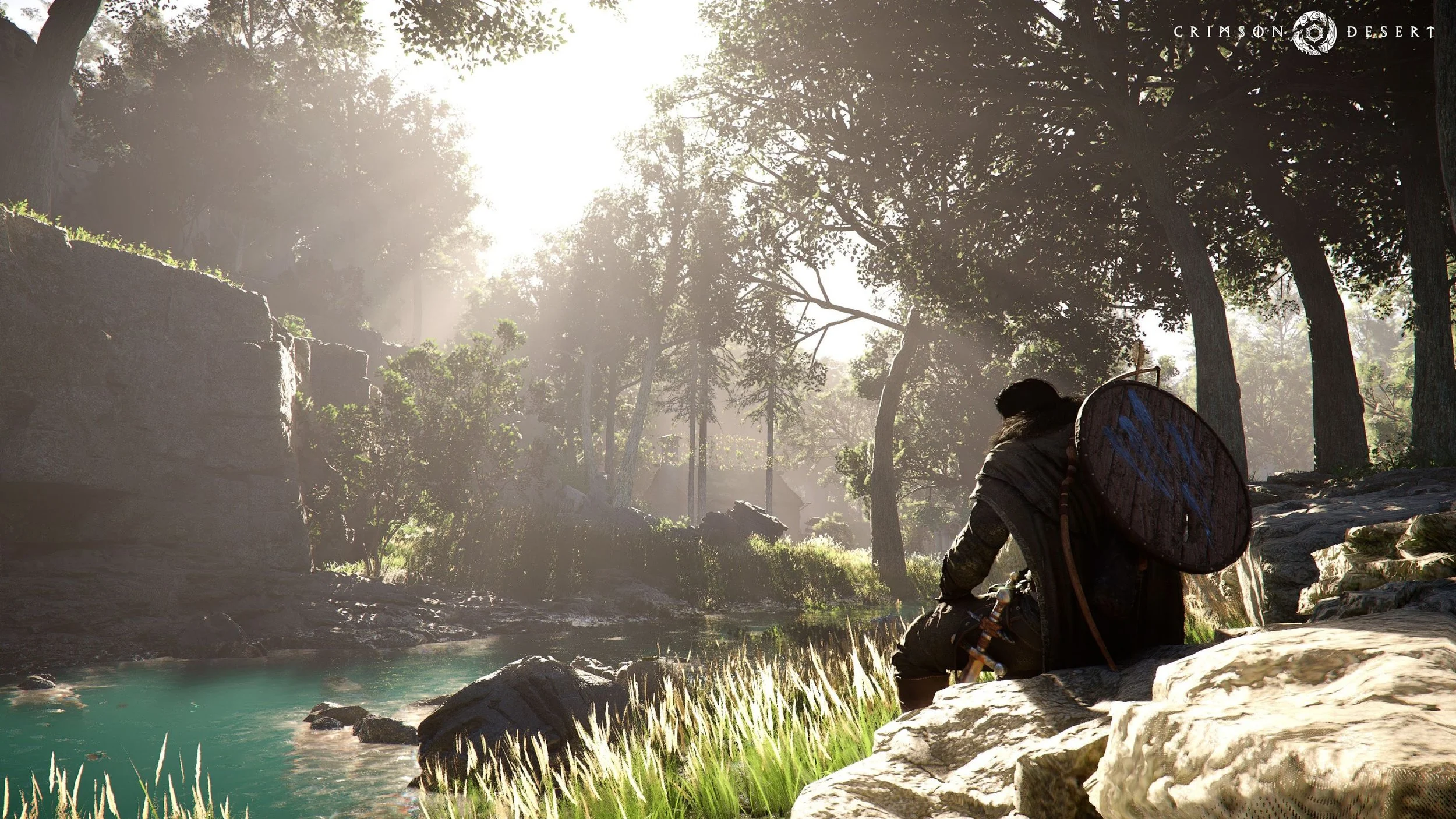PS5 review code provided by Square Enix.
Final Fantasy VII is one of the most enduring video games of all time, growing into a phenomenon that now has multiple spinoffs and a remake trilogy to its name. Square Enix sought to expand on the story of the original game in Crisis Core: Final Fantasy VII, a prequel that chronicles the events leading up to the iconic, original game.
Now, Crisis Core has received a remaster of its own: Crisis Core – Final Fantasy VII – Reunion. This upgraded port of the 2007 PSP title includes improved graphics, smoother combat, and full voice acting. Most importantly, though, is that it makes this crucial chapter in the Final Fantasy VII story accessible on all modern platforms.
Story
Crisis Core is a true Final Fantasy game in that you probably won’t understand everything it’s trying to say on your first time through. In fact, this game might be one of the more esoteric of the entire franchise. Crisis Core predicates much of its storytelling on you already having fairly intimate knowledge of FFVII’s story and characters. Otherwise, you’ll find yourself even more lost.
Crisis Core is a game about filling in blanks, so much so that its story can feel a little disjointed at times. It’s still an incredible, breathless, heartbreaking tale about betrayal, loss, and what it means to be human, but all of this is delivered in chunks spaced out by a ton of filler. It aims to color in the gaps of the original game’s story with character moments and pivotal revelations, but it would be a challenge to understand this without knowing how FFVII plays out.
Crisis Core follows Zack Fair, a young SOLDIER operative who’s fighting in the war the Shinra corporation is waging with the nation of Wutai. He’s under the tutelage of Agneal Hewley, a veteran SOLDIER who wields the imposing Buster Sword. But before long, strange events begin to happen around Angeal and Genesis Rhapsodos, another SOLDIER 1st Class and one of Angeal’s closest friends.
Zack’s story is a long, tragic road that sees him constantly at odds with the entity that gives him purpose. He makes connections with people Shinra has stepped on or abused, yet he never questions his loyalty to the megacorporation. His fierce devotion to his own goal of being a hero stands in the way of true recognition until it’s too late.
At the same time, Crisis Core provides a clear look at Sephiroth in his prime. This is the man who the world views as a hero, a protector. He might not be the most conversational, but he’s genuinely kind and empathetic to the people around him. He’s human, and seeing his downfall is both devastating and poignant.
Gameplay
Crisis Core Reunion is an impressive remaster that elevates a 15-year-old game to standards that just weren’t possible at the time. That being said, this is still a game firmly rooted in 2007 sensibilities of combat and gameplay, and those trappings have worn a little thin over time.
The combat starts out a little clunky, but there’s a surprising amount of depth in the later portions of the game. Features like Buster Sword proficiency and Materia Fusion help make preparing for battle and finishing enemies off feel more like a puzzle. You’ll also be rewarded for completing battles without taking damage or by defeating enemies in specific ways.
The Digital Mind Wave, or DMW, also plays a central role in combat, but its implementation is one of the game’s more dated features. It’s essentially a slot machine constantly rolling in the upper left corner of the screen, and the images it lands on grant certain boons in battle. The DMW dictates not only Limit Breaks and Summons but also improving materia and even leveling Zack up. It creates an artificial block on progression that runs against the traditional notion of an RPG.
There is one way to grind out progress though: optional side missions. These missions come in a variety of difficulties and have rewards that range from meager items to powerful Summon images for the DMW. The biggest boon that comes from them is more opportunities to level up, improve your materia, and unlock powerful attacks much earlier than you would otherwise. The downside is there’s such a staggering number of missions that they quickly grow tedious.
It doesn’t help that Crisis Core relies on the age-old RPG trope of random encounters. It’s inoffensive for the most part, but there are more than a few places where it becomes downright aggravating. Simply walking from one side of a room to the other can result in three or four battles, and many late-game enemies come equipped with attacks that can instantly kill you.
In true Final Fantasy fashion, there are also tons of mini-games scattered throughout with special rewards for anyone brave enough to try them. Some are chance-based, while others require a small amount of skill, but the one thing most of them have in common is that they’re weirdly mandatory. For some strange reason, many of these side quests take place within the actual confines of the story, slowing down what is already a fairly choppy plot.
Audio and Visual
The art is where Crisis Core Reunion really shines, as it’s a massive visual upgrade from the original release. All the character models have been enhanced, pulling many of them from Final Fantasy VII Remake to create a more cohesive effect across both games. Environments are more detailed and the entire game even runs at 60fps on newer consoles. While not the full, ground-up visual overhaul that Remake received, Crisis Core Reunion is nevertheless an impressive and gorgeous package.
The music has also been given new life, with new arrangements and compositions that shine through in almost every scene. The haunting melodies of each character’s theme give every plot point more emotional weight, especially when Sephiroth is on screen. The ending in particular boasts a powerful backing score for the most important moment in Zack’s young life.
Crisis Core Reunion also has full voice-acting, upgrading the limited VO from the original title. All the lines were redone, and there are very few pieces of dialogue in the entire game that don’t have voice acting. It’s a touch that many gamers might not notice, but it goes a long way toward making these characters feel more real.
What Could Be Better
While the DMW system is almost as iconic as the game itself, I think we can safely say that it was a failed experiment. I also think the mission system could have used a few touch-ups to make it feel less grindy, though perhaps a more streamlined progression would alleviate that feeling. I also would’ve liked to see a chapter select system introduced, as many of the optional objectives are only available at certain points in the story.
The biggest surprise for me was the lack of any meaningful connection to the events of Final Fantasy VII Remake. Crisis Core Reunion is part of the larger Compilation of Final Fantasy VII project and was announced at the same time as Final Fantasy VII Rebirth, but it has no apparent ties to the remake trilogy. With how Remake ended, it’s a bit of a disappointment that there’s nothing tying the two titles together.
Verdict
Crisis Core – Final Fantasy VII – Reunion occupies a strange middle ground between remaster and remake. It is arguably the best remaster a developer has ever produced but falls far short of the moniker “remake.” It is an exceptional port that breathes new life into a 15-year-old game, yet it can’t quite shake off all the cobwebs of its original release. That said, for anyone who has any love for Final Fantasy VII, this is an absolute must-play.
Crisis Core - Final Fantasy VII - Reunion is available now for Xbox, PlayStation, Nintendo Switch, and Steam.
